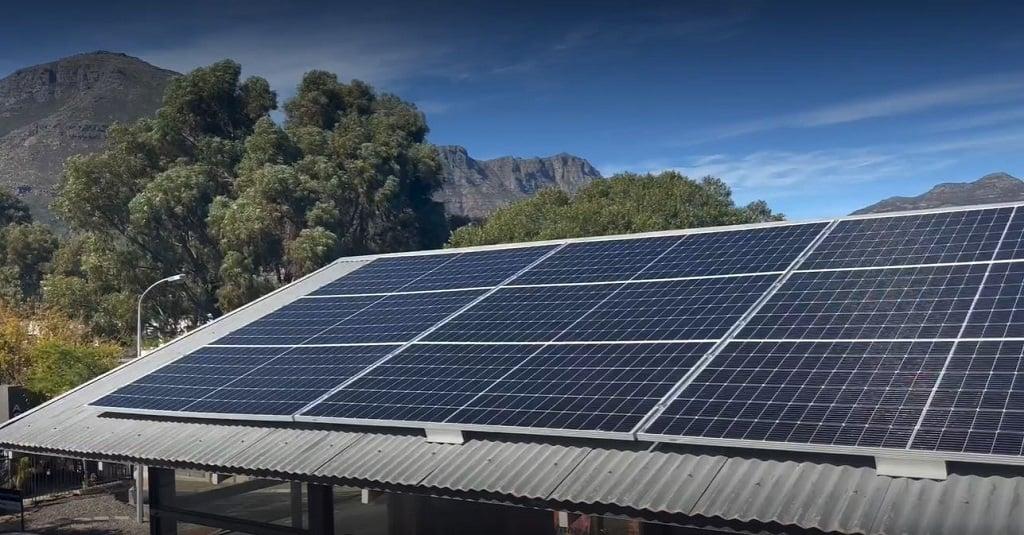Africa-Press – South-Africa. Standard Bank has developed an online tool to help homeowners determine if it would be worth their while to install rooftop solar PV.
Homeowners living in the Cape Town, Durban, Johannesburg and Tshwane metros can use the Solar Score tool to determine how feasible it is for them to install solar PV and how much electricity production they could get out of it, explained Standard Bank’s head of digital and e-commerce, Andrew van der Hoven. There are plans to expand it to other metros too.
Standard Bank’s data partner uses information such as the sun irradiation (light intensity), the direction and slope of your roof and its surface area to determine a Solar Score between 0 and 100.
A low score of 0-40 means it is unfeasible or not beneficial for you to have a solar PV installation. This is because the amount of electricity that can be generated from the sun is low – possibly due to a lack of sunlight or your roof being at a poor angle relative to the sun, Standard Bank explains on its Look See website.
The Look See website is a resource for homeowners to find ways they can save money through simple changes like installing a smart geyser, van der Hoven explained.
A score of 40-50 is also low. You could benefit from a solar PV installation, but the output from the system could be limited.
According to van der Hoven, only about 10% to 15% of people who used the tool have had a low score.
An average score of 50-60 means that you could benefit from a solar installation, given the direction and roof area of your home.
A good score is between 60-70, and this means you have “above-average feasibility” for a solar PV installation. You could also possibly consider an off-grid system.
Van der Hoven said the tool could also help protect people against “unscrupulous” operators in the market by arming them with the information they need to make the right choice for the solar PV system they need.
“We wanted to give people more awareness of what their potential could be,” he said when asked why Standard Bank decided to develop the tool. It has helped create awareness and understanding of solar PV, which is also one of the ways people can save money on their homes.
Van der Hoven said that amid the escalating load shedding, there had been great interest in the Solar Score. As of February, about 15 000 households have made use of it. “We think there is quite a lot of interest, and we want to expand it to other parts of the country,” he said.
Once getting a solar score, you have the option to allow Standard Bank to conduct a home power analysis – which involves sending your municipal bill to help estimate what the savings will be for you and what Solar PV system would make sense for you.
Standard Bank then also provides financing options – either through a personal loan or extending your mortgage, or allowing you to apply for a re-advance.
Van der Hoven said that affordability is still a huge problem for these systems, and the average costs are still “relatively high.”
Finance Minister Enoch Godongwana recently announced tax incentives, allowing homes to claim back 25% in tax liability on the cost of their rooftop solar PV installations. Van der Hoven believes the incentive will be useful and is optimistic there will be more of these innovative options to address affordability.
You can access the tool here.
For More News And Analysis About South-Africa Follow Africa-Press






